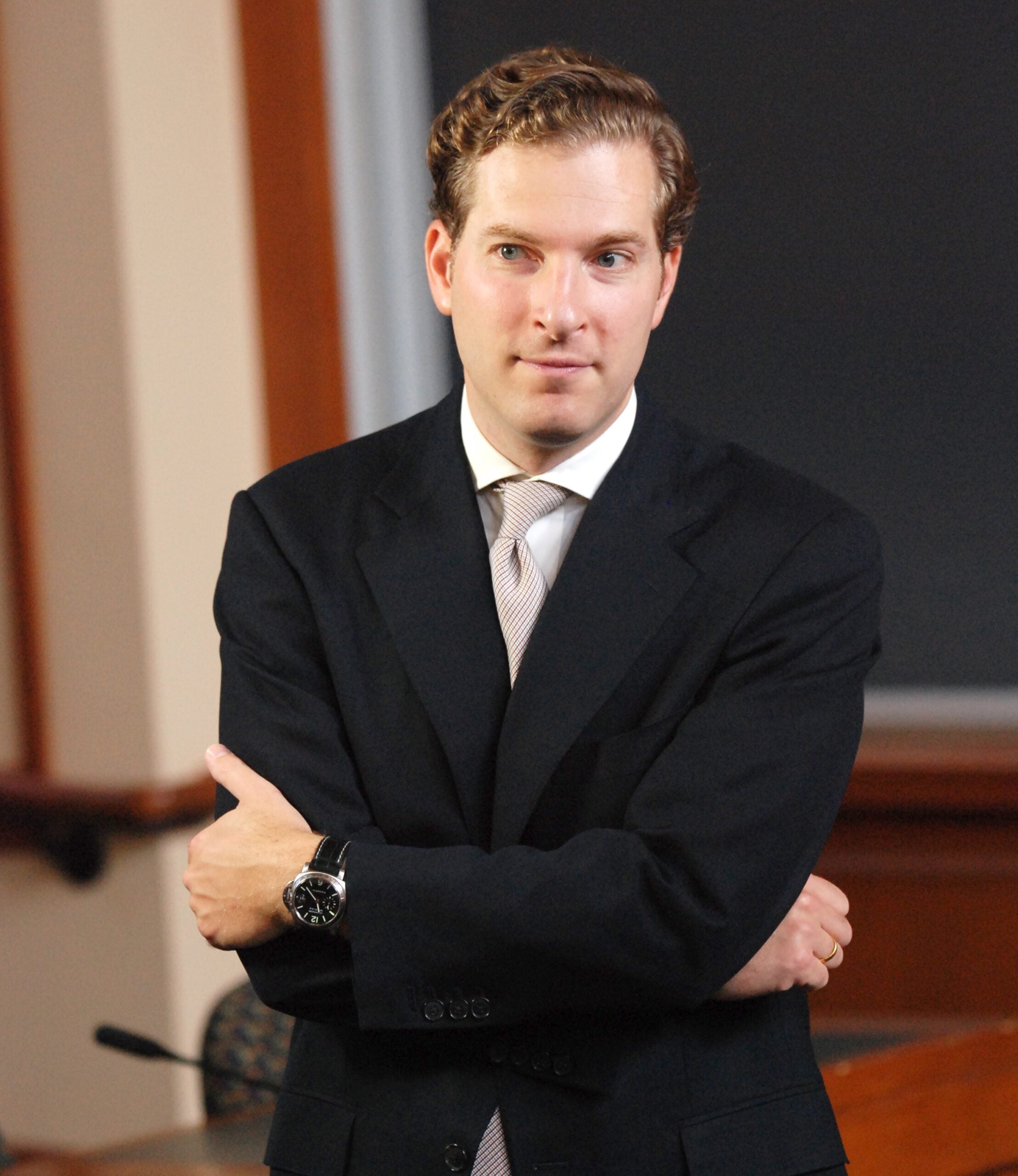The following op-ed piece, Veiled Democracy? , written by Harvard Law School Professor Noah Feldman, was published in the New York Times Magazine on February 8, 2008.
The West doesn’t know quite what to think of Turkey’s Islamic-oriented ruling party: does it envision a liberal, European future for Turkey or an Islamist one? A vote this week on the seemingly minor issue of whether head scarves should be allowed at universities will help us begin to answer that question.
The ban on women covering their heads on campus has long been a thorn in the side of the Justice and Development Party. The rule has the perverse effect of keeping devoutly religious women out of higher education. A few years ago, while on a trip to lecture about Islam, I met a daughter of Prime Minister Recep Tayyip Erdogan — not in Istanbul, but at Indiana University, which she was attending at least in part so she could cover her head while getting an education.
The ban — a relic of the aggressive secularism enforced by modern Turkey’s founder, Mustafa Kemal Ataturk — can be repealed only by a constitutional amendment. Such an amendment was just one of dozens of changes that the Justice and Development Party was expected to propose a few weeks ago as part of a comprehensive overhaul of Turkey’s state-centered, ethnically narrow Constitution.
The description of the package of draft amendments that was leaked to the press would put Turkey on a decidedly liberal constitutional course. Reports said that it would vest sovereignty in the people, not the state, and acknowledge that the category “Turkish” in reality encompasses people of all ethnicities — implicitly including Kurds, whose separate identity has long been suppressed. The new Constitution would give parents increased control over their children’s education, allowing them to opt out of state-mandated religious instruction. In this context, lifting the head-scarf ban could be seen as just another step toward the religious liberty that liberal, Western states claim to prize.
But before the amendment package could be formally introduced, a minority secularist party, the Nationalist Movement Party, introduced an amendment limited to ending the head-scarf ban. Support from that party essentially guarantees passage for any initiative the government favors — and, indeed, it passed a preliminary vote on Thursday and is likely to get final approval tomorrow. Apparently, Prime Minister Erdogan felt he could not turn down the opportunity to get the head scarf ban revoked.
Unfortunately, the passage of the head-scarf amendment casts doubt on whether the rest of the constitutional package will be introduced at all. Some hard-liners within the ruling party seem to be questioning whether it is worth the fight over liberal constitutional ideals if the gains to religion like lifting the head scarf ban can be achieved other ways. They have a point: the party must always be careful about provoking the military, which sees itself not only as the protector of secularism but of traditional Turkish nationalism, and is wary of any major liberalizing changes.
The issue raises a big question about Mr. Erdogan: is he dedicated to his party’s plans for comprehensive constitutional reform, or is he simply serving the interests of religion? The latter would be a grave error — if Turkey is to continue its integration into European and Western civilization, it needs to show that liberal values and Islam are not only compatible but complementary. The audience for this message includes Europe, which for historical reasons is skeptical — perhaps too skeptical — about bringing a non-Christian nation into the orbit of the European Union.
Yet there is a more important audience: the Muslim world at large. The rising global Islamist movement is embroiled in its own epochal debate about whether an authentically Islamic government can and must respect individual freedoms and the equality of all citizens. The best possible refutation of the claim that Islam and democracy are incompatible would be to point to an existing government where liberal and Islamic values work together.
In Turkey, starting with the head-scarf amendment — a case study of religious freedom against coercive secularism — is perfectly fine. Liberalism, after all, has its roots in the desire to protect Christian religious liberty. But the historical staying power of liberal democracy has come from expanding citizenship and extending constitutional protections to minority groups and others vulnerable to government coercion. Turkey has the chance to blaze that trail in the Muslim world — it’s up to Mr. Erdogan to keep moving ahead.
Noah Feldman, a contributing writer for the magazine, is a law professor at Harvard University and an adjunct senior fellow at the Council on Foreign Relations.
